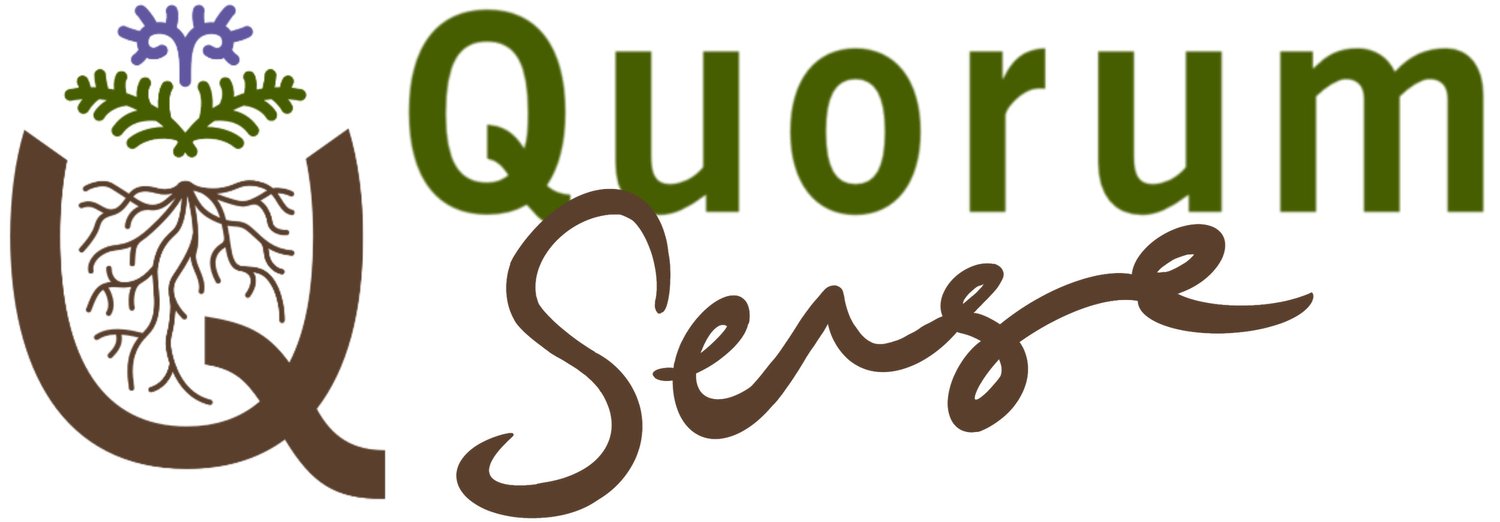Click image to open full size.
Hosted by Ãta Regenerative
Cost: Early Bird $99 until Sunday 4th Feb, then $135+GST
Registration required Click this link to register for the Chirstchurch ‘Unleash productive potential’ seminar
Arrive 9am for a 9.30am start.
Seminar topics
An introduction to the Regenerative Design Principles and how they are relevant to organisational design
The Regenerative Framework and how it creates conditions for health, engagement, and productivity
How to build the Regenerative Framework into your business as a regenerative design, planning and management tool
How to leverage RDP to achieve optimal regenerative outcomes (resulting in increased engagement, productivity, and profits) within your organisation
Speakers
Tre’ Cates & nRhythm: Tre’ is the Managing Director of nRhythm based in the USA. Tre’ consults with organisations in a variety of industries across 6 continents and 35 countries. He has proven to be indispensable in designing, developing, and implementing an organisation’s purpose for the future. His industry experience is diverse from the development of faith-based community organisations, a publicly-traded technology company, to a multinational organisation working in 20+ countries. Tré has a BA in Philosophy from Ouachita Baptist University and a MA in Theology from Southwestern seminary.
About Dr Hugh Jellie & Ãta Regenerative: Dr Hugh Jellie, is the CEO & founder of Ãta Regenerative, an organisation which for the past decade has been bringing greater sustainability and resilience to NZ farmers and their communities through adoption of regenerative farming practices. He is accredited by the Savory Institute as a Field Professional and an Ecological Outcome Verification Verifier. Ãta Regenerative is the Savory Institute’s only certified Ecological Outcome Verification provider in New Zealand working with 200+ farming enterprises and affiliated to the global Land to Market programme.
Professor Pablo Gregorini: Professor Pablo Gregorini is the Professor of Livestock Production & Agricultural Systems at Lincoln University, as well as the director of the Lincoln University Pastoral Livestock Production Lab’ and Head of the Lincoln University Centre of Excellence for Designing Future Productive Landscapes. Internationally, he chairs the International Scientific Committee for the Nutrition of Herbivores, and serves in the International Scientific Committee for farm systems design. Recently, he joined the International Scientific Board of ALEPH (Interdisciplinary consortium of scientist working on ‘the role of Animal Foods in Healthy, Sustainable and Ethical Diets), and he has been induced by invitation to NITRO-Oceania, Network of Interdisciplinary Research Organizations-Oceania.
Why attend this regenerative design principles seminar?
For many people, the current system is not delivering desirable results. Life may be OK, but there’s a feeling something is not right, even if they can’t put their finger on it.
Our current economic, business, and agricultural systems are built on extracting value from capital, labour, resources, and the environment and it’s running out of runway. This is rapacious and reinforcing as people are trapped in a system that no longer serves them.
The consequences may show up as unhappiness, disengagement, and lack of fulfilment. We have become net consumers, increasingly separated from the natural world, propped up by debt, while inflation and prices remain high, currency falls in value, energy becomes more scarce, and resource-motivated geopolitical instability once again threatens peace. Our health is in decline, education and social services are failing our most vulnerable people, and many businesses fail to thrive due to ‘difficult trading conditions’. Mere hyperbole, pessimism, or a realistic assessment of our emerging predicament; inevitable outcomes created by a set of conditions we created.
We need a dramatic system redesign and this is where Regenerative Design Principles (RDP) can help. There are 6 RDPs:
1. Holism: whole is greater than the sum of its parts
2. Mutualism: inherent value and dependence on each other
3. Uniqueness: every part is unique
4. Evolutionary: contextually relevant and adaptable
5. Nodal: control is decentralised and distributed
6. Developmental: allows for the growth and health of members
These principles can be used as a lens in the (re)design of all systems from smaller family entities and organisations, to workplaces and businesses, and to larger scale economic and political systems. Every interaction we have in life is moderated through a system. That system lies on a continuum between regenerative (unaltered natural ecosystem) and totally extractive and degenerative.
This seminar will introduce you to the RDPs and show you how you can use them as a lens to redesign the systems you care about in a way that serves the outcomes you want to create.
In being part of this process of regenerative redesign, each of us contributes a little bit to the whole in the creation of a better world. We don’t need to fix the big problems. We need to redesign our systems to create better outcomes. Come and join us and discover how you can make your difference.
Plus an opportunity to dive deeper
For people and organisations that would like a more immersive program tailored to their specific organisational needs, we are taking bookings for a limited number (2 only) of half-day workshops in each location to jump start the regenerative redesign process.
What you will discover by scheduling a tailored Workshop for your organisation
• An online assessment of your (organisations) regenerative health prior to the meeting so discussions are more relevant to your business and context
• Introduction and further expansion of the Regenerative Design Principles within your context
• The Regenerative Framework and how it creates conditions for health within your organisation that lead to the outcomes you desire.
• A step-by-step plan to build the Regenerative Framework into your business as a regenerative design, planning and management tool.
• The opportunity for ongoing support to embed lasting success into the program.
Expressions of interest for private workshops are open for organisations on the shift towards a regenerative organisation. Register your interest in booking a workshop here.
